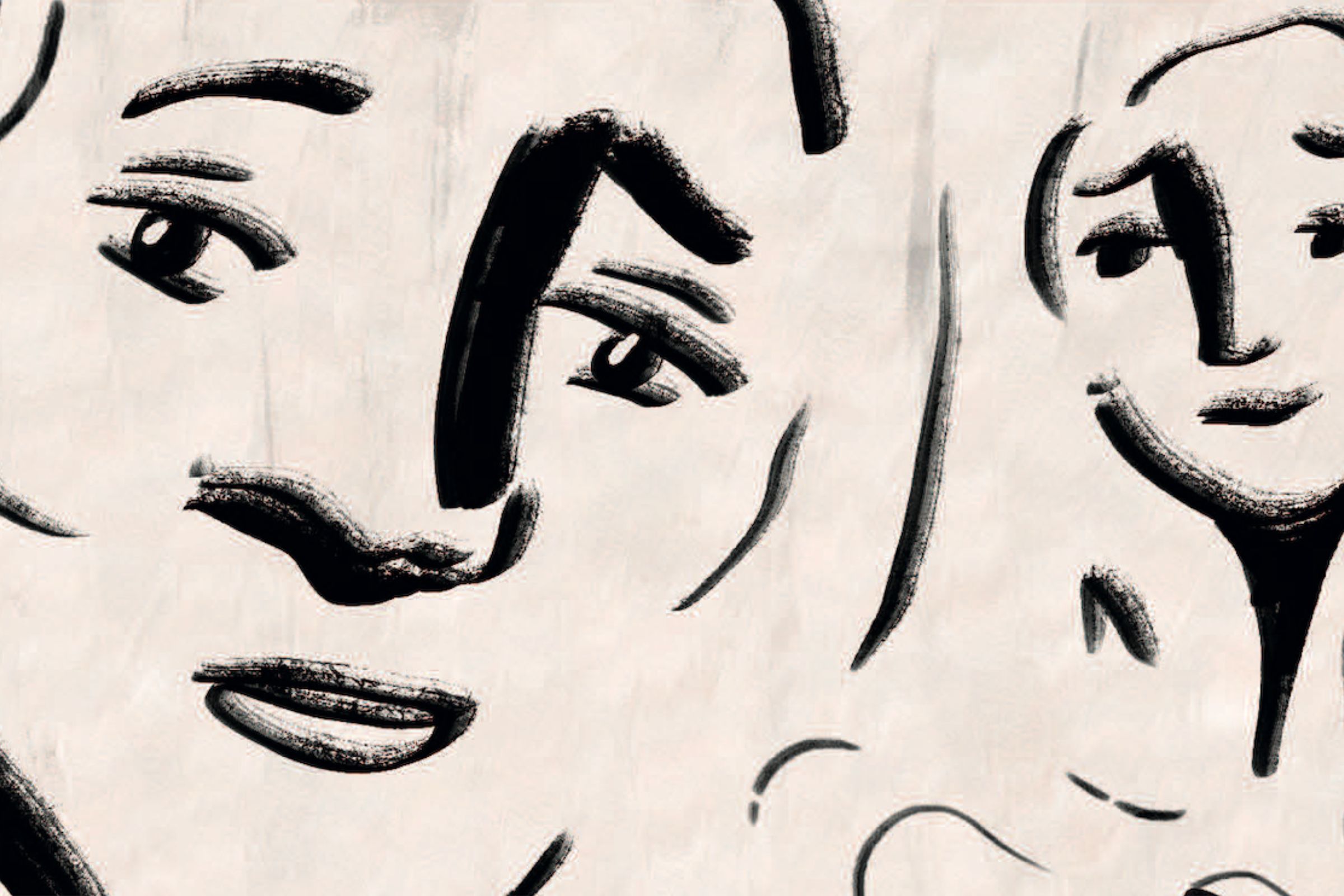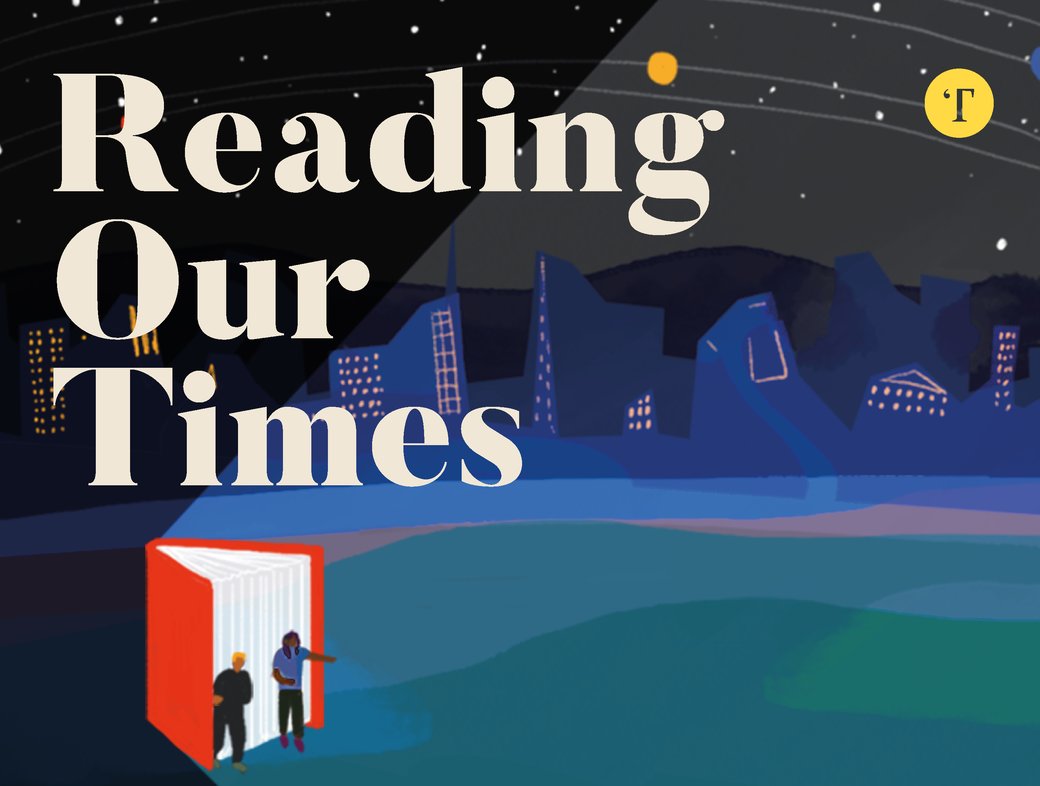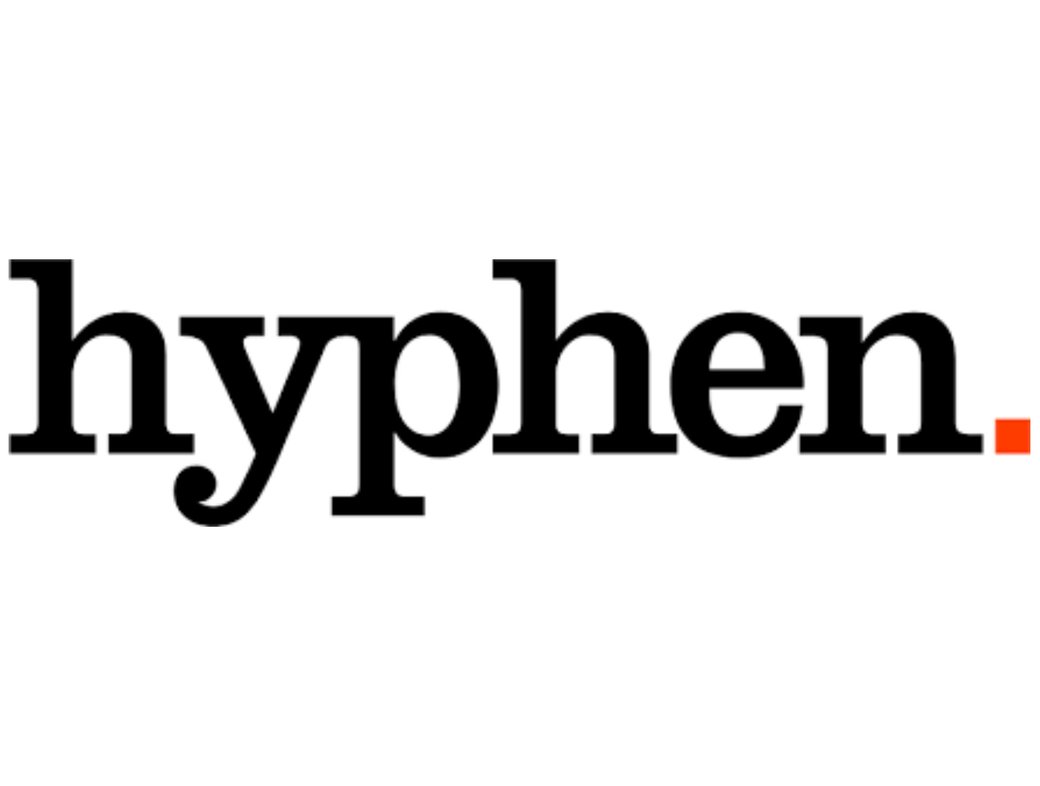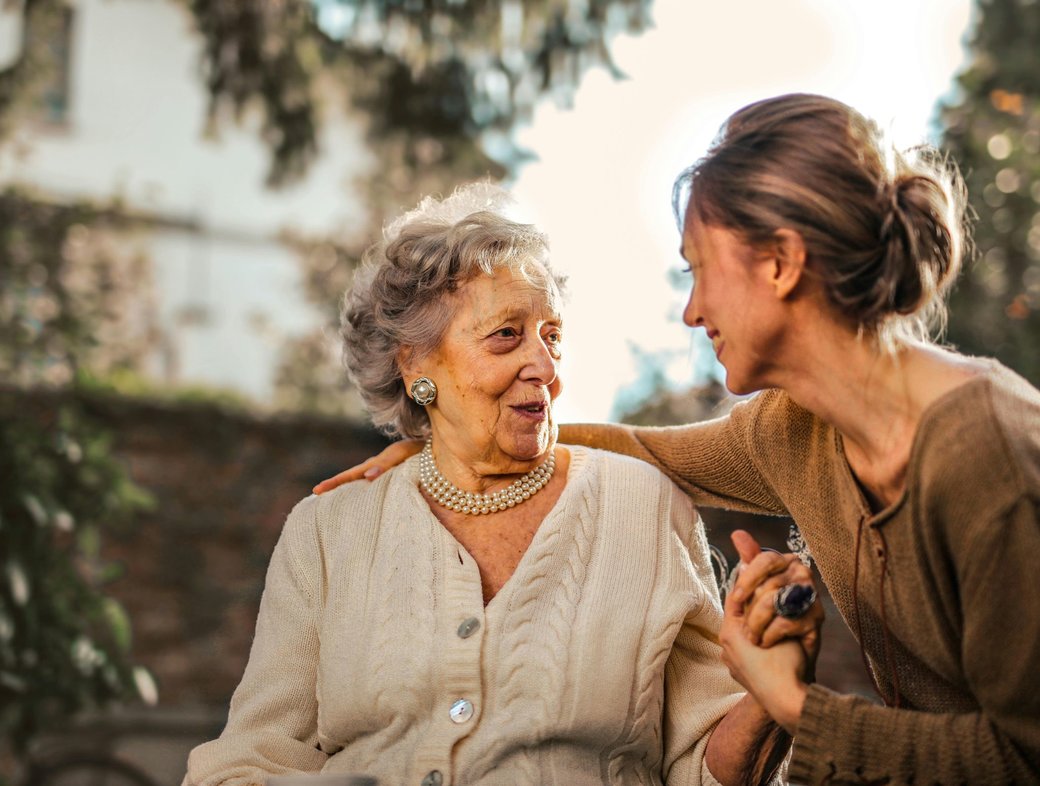

Introduction
The question of assisted dying is never far away and is now back somewhere near the top of the political agenda. It’s a serious and sensitive debate, about which well–meaning people can disagree profoundly.
Much of that disagreement can be traced to conflicting ideas about the meaning of human ‘dignity’. ‘Dignity’ is used in two subtly different ways – one to do with autonomy and choice, the other with care and relationships – and how we understand the term shapes how we think people should be treated at the end of life.
Through our work, Theos strives to play a helpful role in the debate, unpacking more of what we mean when we talk about ‘dignity’ in dying, with an argument that the idea of ‘dignity–through–care’ gives a better account of what it means to be human.
More pressingly, we also argue that if dignity is understood as personal autonomy expressed through choice, society no longer has any deep reason to deny an individual their choice to die, even if they are not in a terminal condition, not in unbearable pain, or indeed not even in physical ill–health.
Our work
Research
Read our latest report The Meaning of Dignity: What’s beneath the assisted dying debate? (2024) by Andrew Grey.
Learn more about polling we have done on the topic from this blog by Madeleine Pennington.
Podcasts
Tune in to Reading Our Times where Nick Spencer discusses the high stakes involved with Ilora Finlay and Julian Hughes.
Tune in to episodes of The Sacred with Prue Leith, Tanni Grey–Thompson and Greg Wise wherein they discuss their respective views and how to navigate differences on this topic.
Blogs
Read blogs from the rest of the team covering various aspects and arguments around assisted dying:
The return of assisted suicide
Decision by heart string: a reflection on the assisted dying debate
Exploring Assisted Suicide Laws: Rethinking Dignity, Agency, and Interdependence
Debating Assisted Dying: Lessons from Canada
We need to talk about race and assisted dying
Solidarity and social justice: the left and assisted dying
In the news
Times Letters: Ethnicity and faith in assisted dying debate
The debate about assisted dying touches on our deepest beliefs about life




